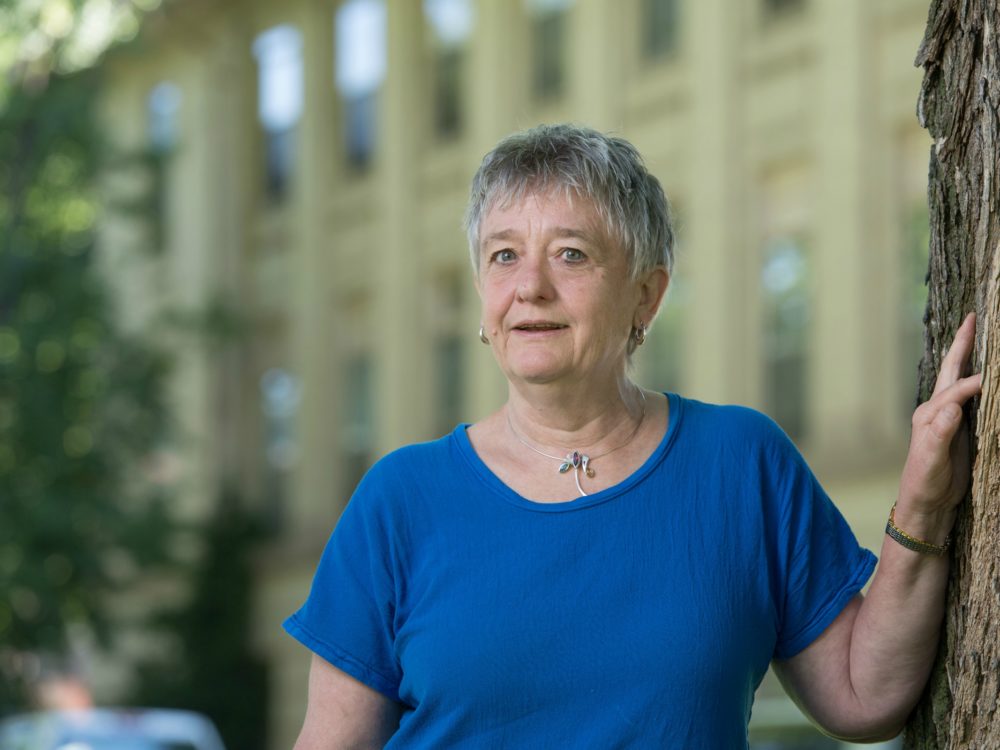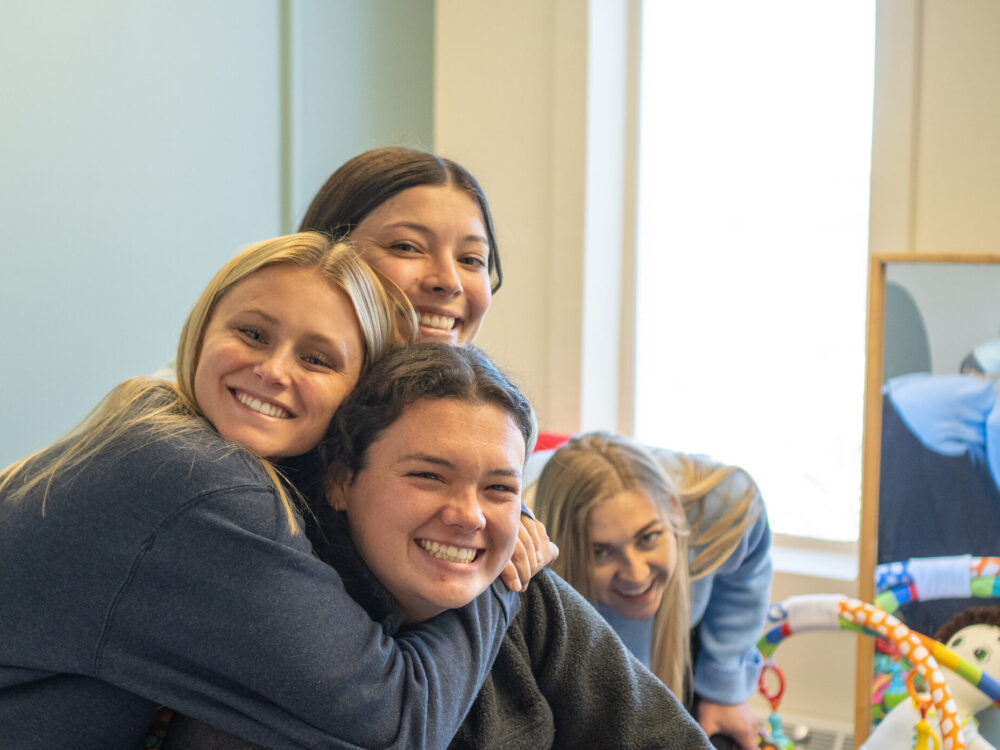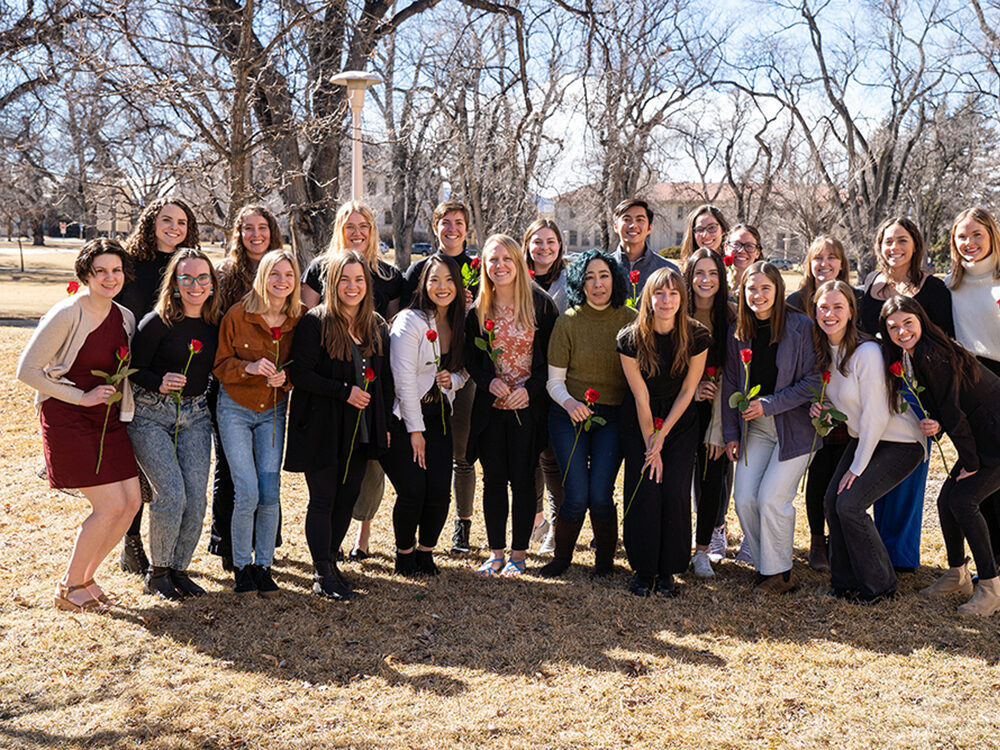Occupational Therapy About Our Department Optimizing Performance and Participation
We offer graduate-level programs taught by faculty engaged in nationally and internationally recognized research and community outreach that meet the needs of people facing challenges in everyday life. We invite you to learn more about Occupational Therapy and our programs.
From the Department Head Welcome
This is an exciting time to be an occupational therapist, and Colorado State University is one of the best places in the world to study, practice, and research.
We are recognized by U.S. News and World Report as a top-10 program. Our outreach centers, the Assistive Technology Resource Center, and the Center for Community Partnerships, are world-class. Each year we graduate approximately 50 new practitioners and two or three new researchers from our Ph.D. program in Occupation and Rehabilitation Science. Our research teams produce meaningful work enabling participation in everyday life, an understanding of body structures and functions that underlie participation and access to services.
I am proud to boast about our exceptional faculty, staff, students, and programs.
Anita Bundy, ScD, OT, FAOTA, FOTARA

Occupational Therapy Our Mission and Vision
Mission
The occupational therapy department seeks to optimize human performance and participation in everyday occupations, across all contexts and throughout the lifespan. We do this through excellence in teaching, research, service, and outreach. Consistent with the mission of CSU, a land-grant institution, CSU-OT strives to develop reflective and intentional practitioners and researchers with a wide range of backgrounds and experiences to work, in all capacities, alongside diverse communities to benefit the people of Colorado, the United States, and the world through meeting their complex and ever-changing occupational needs.
Vision
CSU-OT attracts and welcomes students from a wide range of backgrounds and experiences. CSU-OT fosters graduates who will be collaborative and enduring change agents and leaders in the state, nation, and world through exemplary and integrated programs of education, research, and outreach that meet real-world occupational needs. Graduates will be grounded in the perspective of occupation, be sensitive and respectful to self and others, and will have the skills and knowledge to positively influence all individuals, groups, communities, populations, and the occupational therapy profession.
Occupational Therapy Who We Are

Occupational Therapy Student Opportunities

Occupational Therapy Visit Us
Colorado State University is located in sunny Fort Collins, Colorado – about 60 miles north of Denver. Learn more about our programs by attending an on campus or virtual information session. Information sessions are held regularly for prospective students who are interested in our OTD program.



